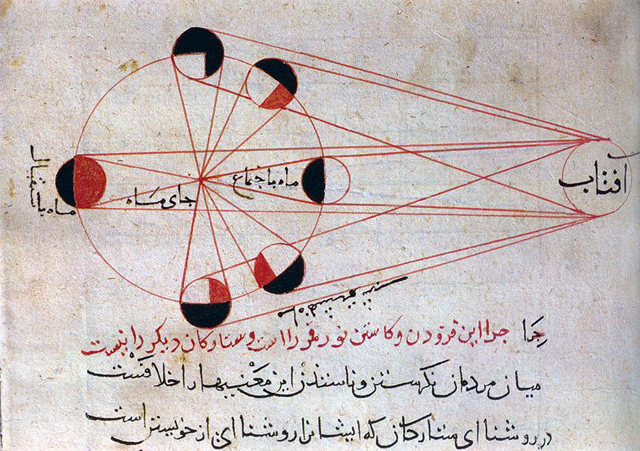
What's the status of science blogging in MENA?
"When I started browsing the web for science blogs from the Middle East and North Africa (MENA) region, I didn’t think it would be such an adventure. And for a quest, it was one. I thus started entering keywords in the search engine. The outcome was disappointing: one or two blogs in English popped up. I thought it is because I was only searching in English, but French and Arabic searches did not harbour significantly more results. When I asked friends to point me out my wrongdoing, they just laughed and the comment invariably was: “Dear, spare your efforts, there is no such thing like science blogging in the region.”
However, blogging and citizen journalism in the MENA region is not at all absent.
Politics and economics are two themes that are deeply and extensively discussed in social media channels. And this is having important effects on societies, governments, and on the public opinion.
“The citizen journalist provides invaluable information that can democratize media, as well as nations.”
In the MENA region there are many dedicated and brilliant citizen journalists.
“These citizen journalists fight to create a well-informed public in which media also serves as moral education. This philosophy radically departs from mainstream journalism, an overarching goal of which is to sell its product. Citizen journalism, on the other hand, allows marginalized people to reclaim their voices, to tell their otherwise silenced stories firsthand.”
Why bothering about science blogging?

(Illustration by Al-Biruni (973-1048) of different phases of the moon | Wikimedia Commons)
1. : scientists get to speak directly to each other and to the public
“Scientific discovery occurs in the lab one experiment at a time, but science itself moves forward based on a series of ongoing conversations, from a Nobel Prize winner's acceptance speech to collegial chats at a pub. When these conversations flow into the mainstream, they nurture the development of an informed public who understand the value of funding basic research and making evidence-based voting decisions. It is in the interests of scientists and academic institutions alike to bring these conversations into the public sphere."
2.: Scientists engage and keep up to date with developments in various scientific fields
“Blogging can certainly play a huge part in [making science relevant] putting scientists and scientific communicators in touch with their audience and giving them a right to reply like never before.”
3.: Open discussions on research topics are promoted among peers
“science has no importance or value until it enters the outside world. That's where it takes on meaning and value. And that's where its meaning and value must be explained.”
Nothing happens in this part of the world. Not really! Indeed, there's a flow of ideas and projects to be gathered, published and spread.
(Title photo by speedoflife | CCL Attribution 2.0 Generic)







